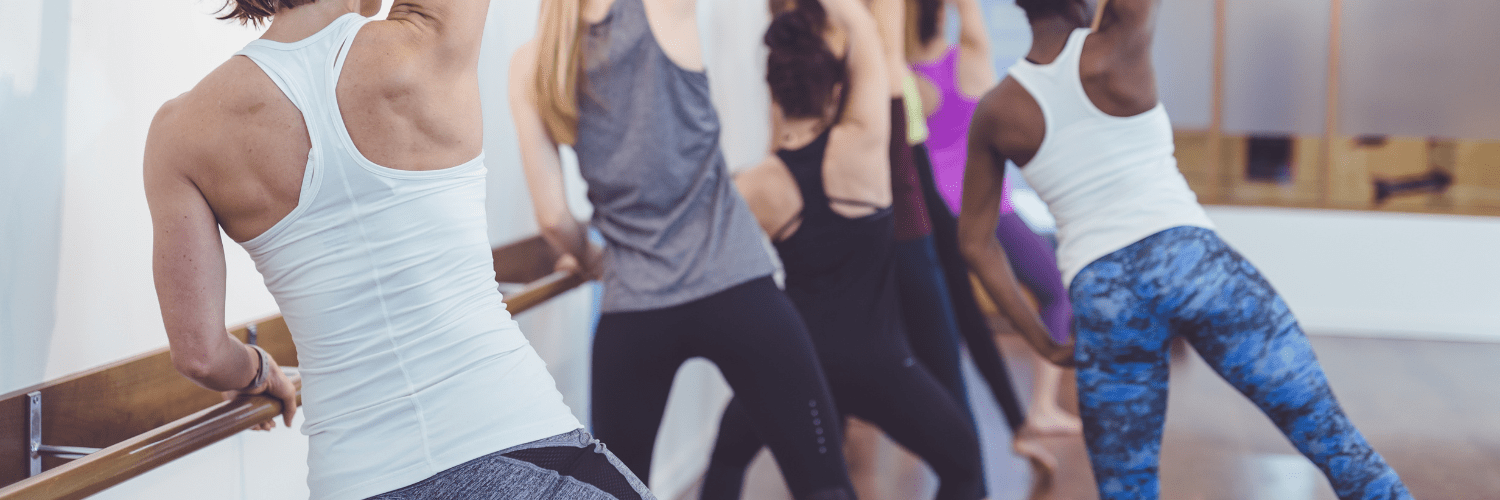
The day I was diagnosed with breast cancer, I met with my GP and he recommended that I have a double mastectomy and immediate DIEP flap reconstruction. At that point, I had the option of a lumpectomy but didn’t feel comfortable with that. I felt there was too much of a chance of cancer showing up again. He referred me to Dr. Peter Ledoux who was the best surgeon for this procedure. He also had an excellent recommendation for a general surgeon.
I was completely overwhelmed and had to go home and think about it. In the meantime, I called a friend of mine who had been through the same thing and had surgery with Dr. Ledoux. She described him as a magician and had the very best things to say about him. Within a few days, my doctor got me in to see Dr. Ledoux. The minute he walked through the door of the examination room, I felt at ease. He explained that I was a good candidate for the DIEP flap procedure and had also worked with my general surgeon on many occasions. Despite my overwhelm and grief at what was happening to me, Dr. Ledoux made me feel confident in his abilities as he answered all of my questions. The nurses at PRMA were excellent and always responded to my calls quickly.
Prior to surgery, I was put on a protocol that would help me maintain my strength throughout my surgery, decrease my pain, and help my healing. My surgery went well and Dr. Ledoux and his nurses followed up with me on a regular basis. I feel extremely fortunate that I was able to have Dr. Ledoux as my doctor and the staff at PRMA to help me through my journey.
What physical activities did you enjoy before your breast reconstruction surgery?
Before I was diagnosed with breast cancer, I had been teaching barre classes for three years. Due to COVID, I left the gym where I was teaching and taught private clients three days a week. When not doing barre, I did cardio workouts such as cycling and walking. Barre is an amazing full-body workout and contributes to a strong core, glutes, and legs while also strengthening the hip flexors, shoulders, and arms. Barre classes were truly my passion.
Were you worried about how your surgery might affect your activity level?
I’ll be honest and say that I wasn’t really sure how my surgery would affect my activity level. I knew that the recovery process would be rough and I really dreaded not being able to do much for myself or work out. I knew I could walk, but was afraid of how long it would take for me to get back to barre. I was also nervous about my mobility in my chest given all of the work that would be performed in that area.

How did you use barre workouts before and after your surgery?
Doing barre before surgery helped my stress levels and took my mind off of everything I was facing. A cancer diagnosis, unknown test outcomes, and looming major surgeries are extremely stressful. Barre helped me to find some normalcy in my day and also to connect with the clients I was teaching.
After my surgery, I was able to get up out of bed quite soon after the procedure. My legs and glutes were quite strong, so I definitely credited that with being able to walk the halls and stand up on my own while still in the hospital. Once I was discharged, I was able to take short walks while I was healing. As soon as I was allowed to work out again, I started doing modified barre workouts on my own. I had to wait on abdominal work but was still able to do most of the other exercises. I was even able to use light weights. Doing the barre workouts helped me to gain my strength back and also relieve stress.
What were your recovery expectations vs reality?
I wasn’t sure what recovery would be like. I was so scared that I didn’t want to know too much about it. I knew that I had to go through with the surgery and never considered having a lumpectomy or anything less than a double mastectomy. I wanted to do everything within my power to not have to undergo such an extreme procedure again. I did speak to my friend who had gone through the same surgery and listened to her suggestions to make life easier once I was home from the hospital. I knew that I would feel pretty awful, but wasn’t prepared for my appearance. My new body looked like a prop from a horror film. It was quite gruesome. As time went on and I began healing, I became used to everything. Barre really helped with my recovery as well as with finding a bit of my old self within each workout.
How can someone who is new to exercise benefit from working out before and after surgery?
Someone new to exercise can reap numerous benefits from working out before and after surgery. Unfortunately, a lot of people think that working out means pushing yourself super hard and being miserable or even embarrassed or judged by other participants during a class or at the gym. There is a workout for every single type of person no matter what your fitness level may be. Finding the physical activity that gives you joy and motivates you is key. Going into a surgery strong means you will come out of it strong. Working out will speed up your healing, increase your strength, and can also work wonders for your mood.
“Set realistic, attainable goals after your surgery. Your body is going to feel different now than it did before surgery. If you are doing it simply to lose weight or get back into a certain dress or pant size you may be setting yourself up for failure. Reset your compass.”

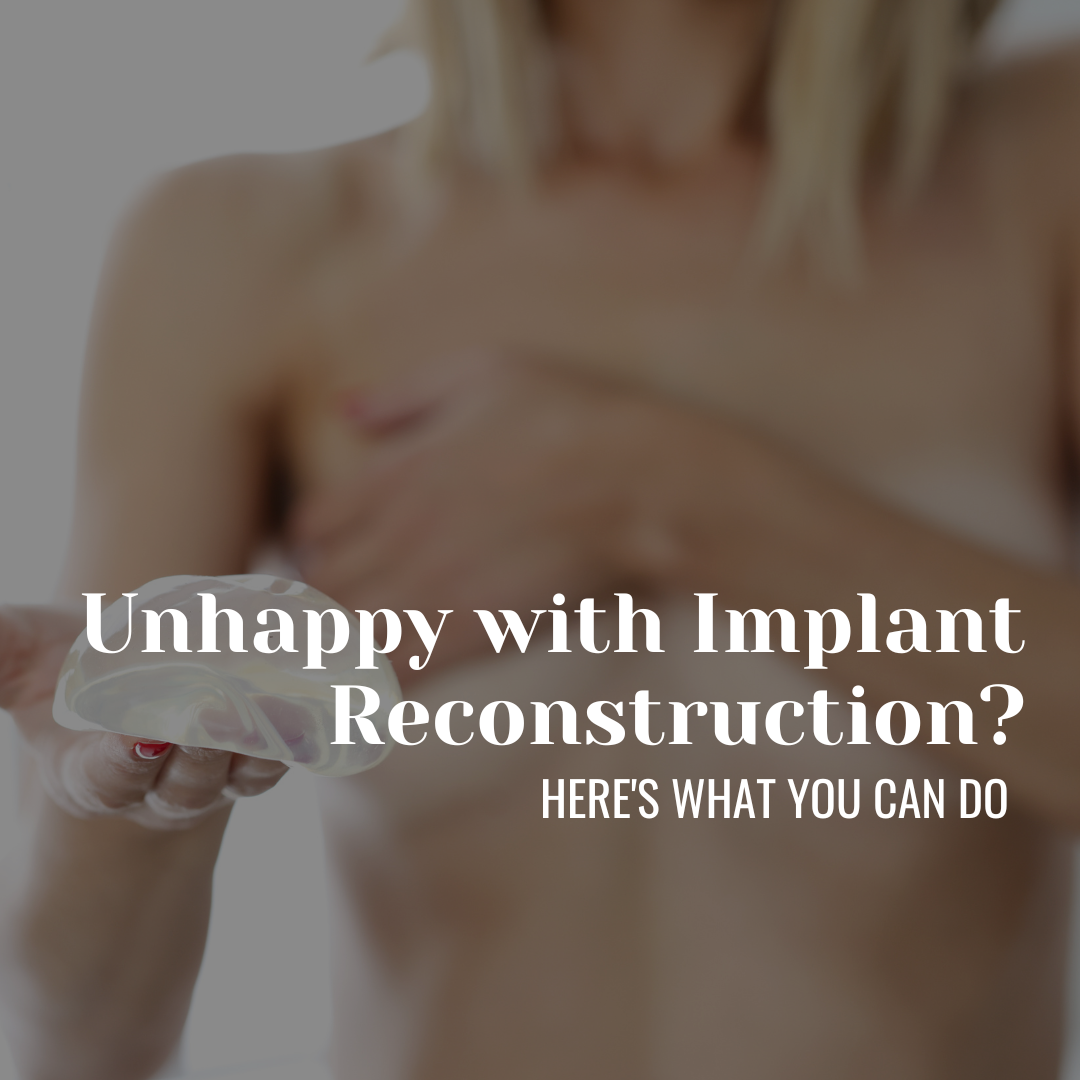


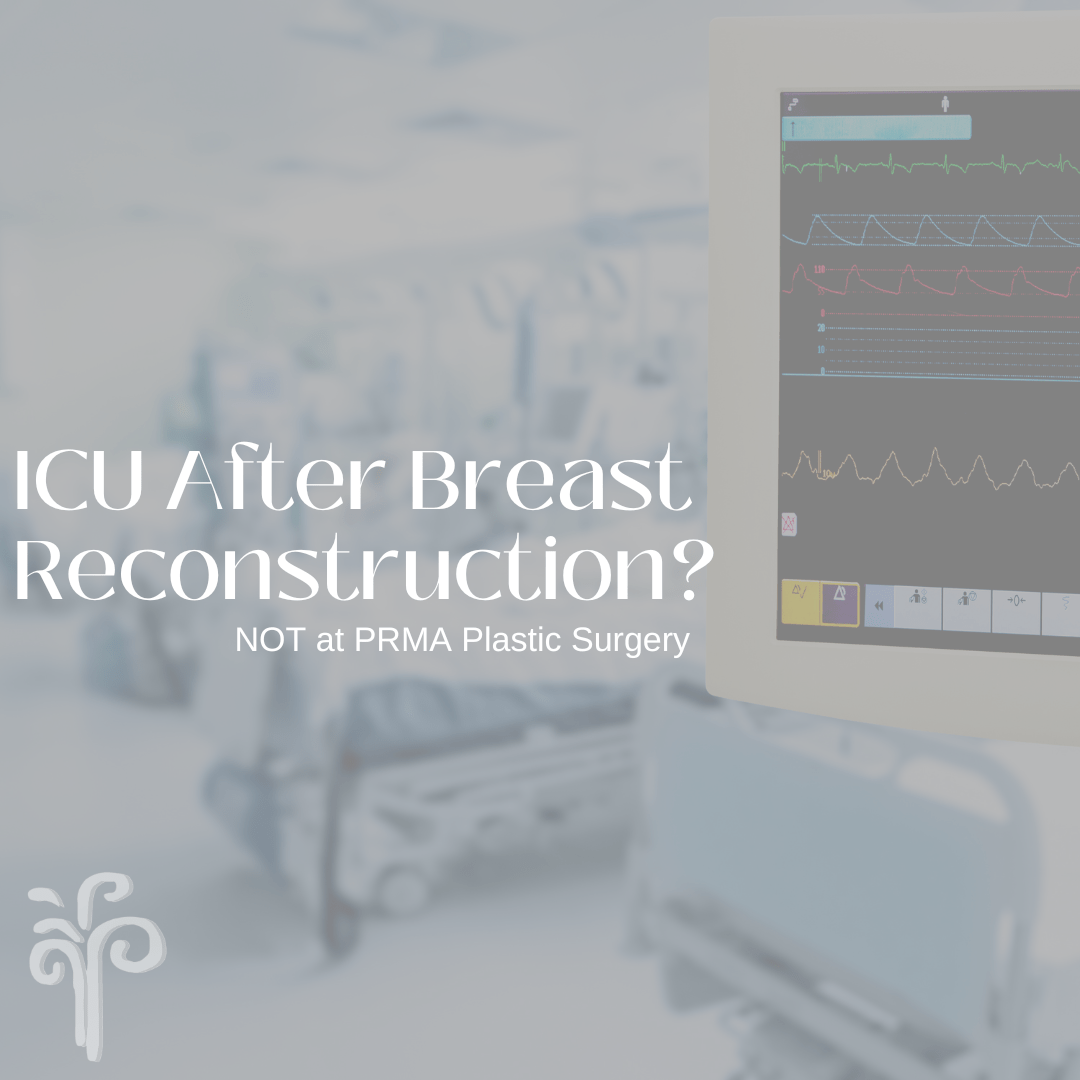

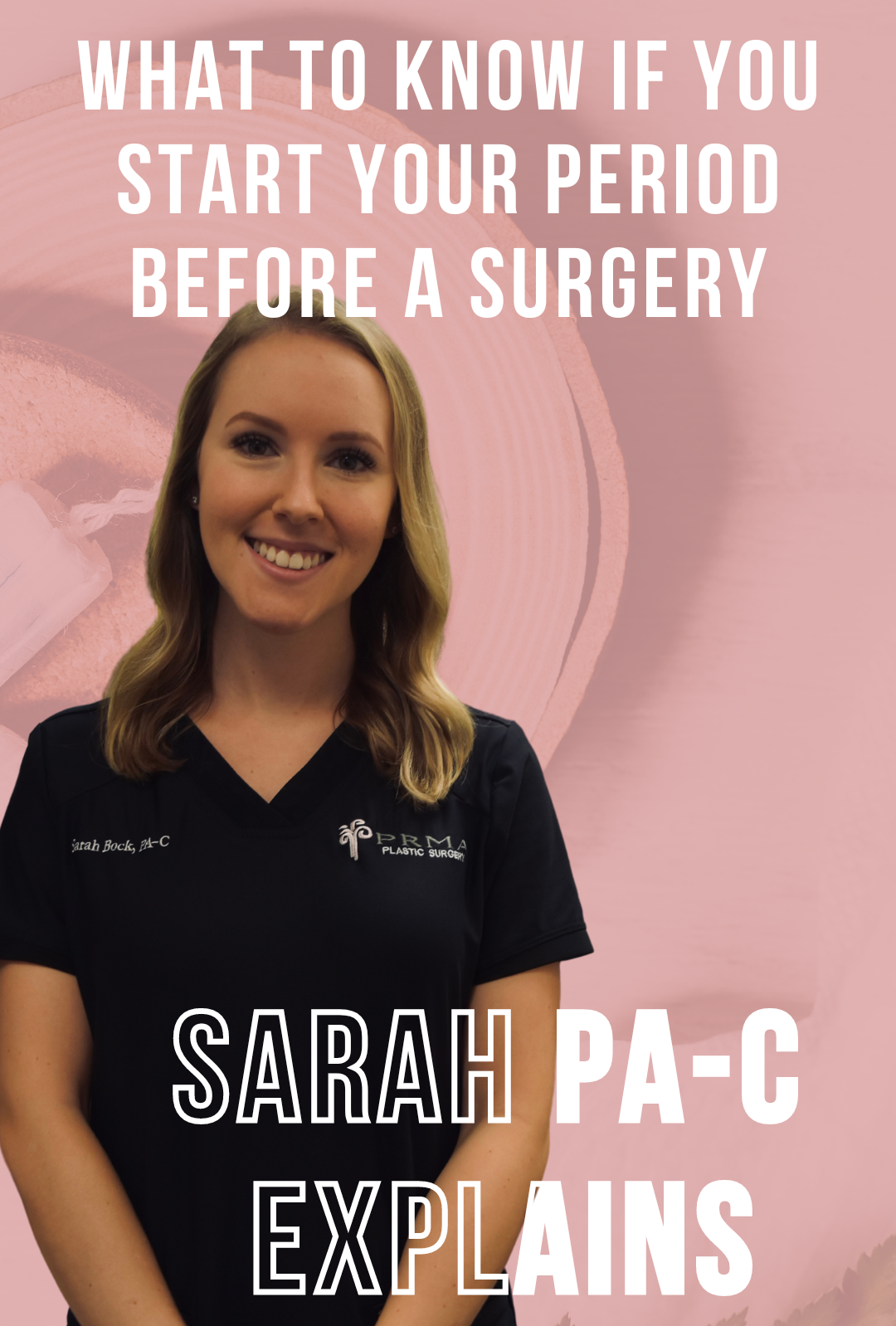
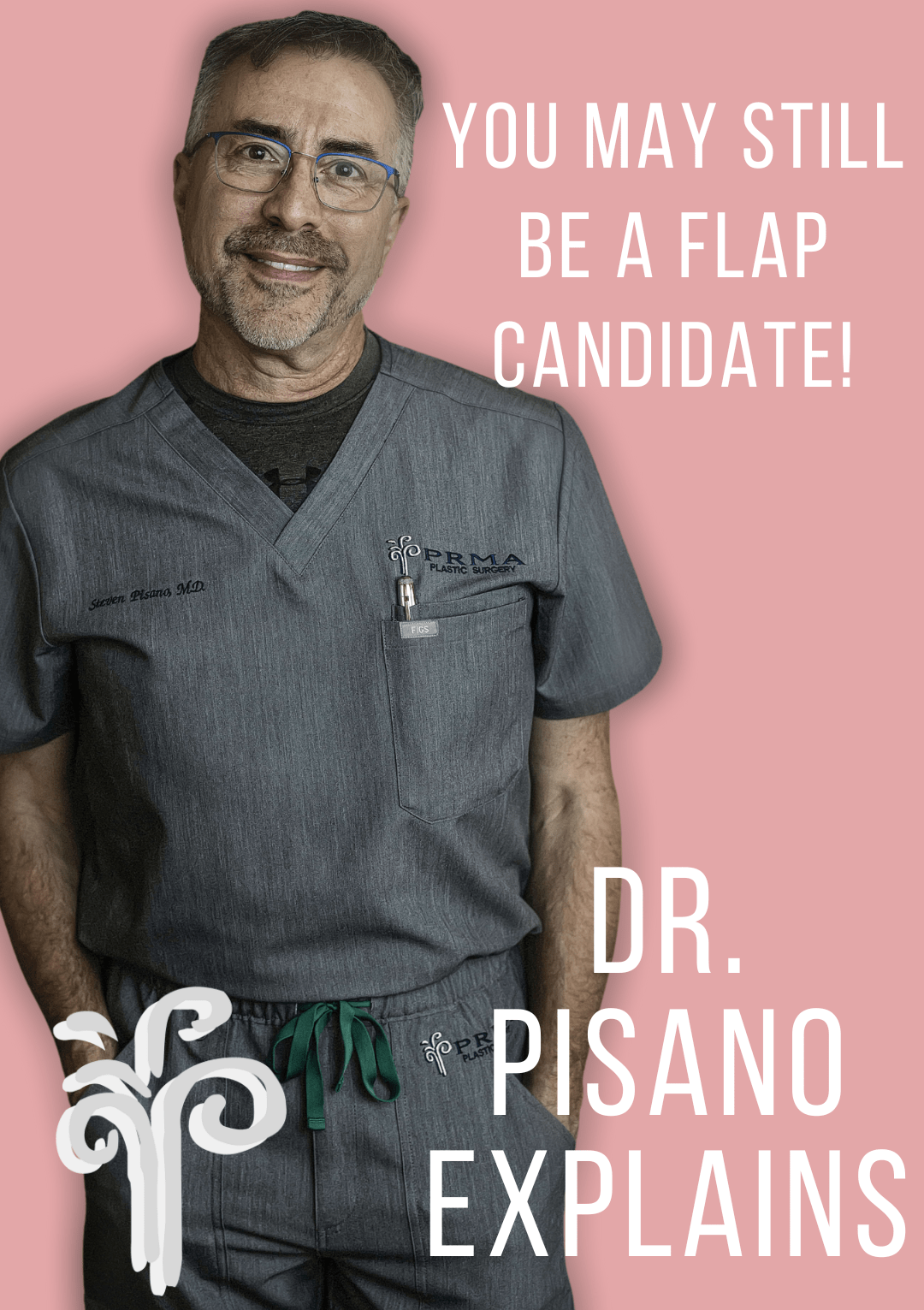




No Comments